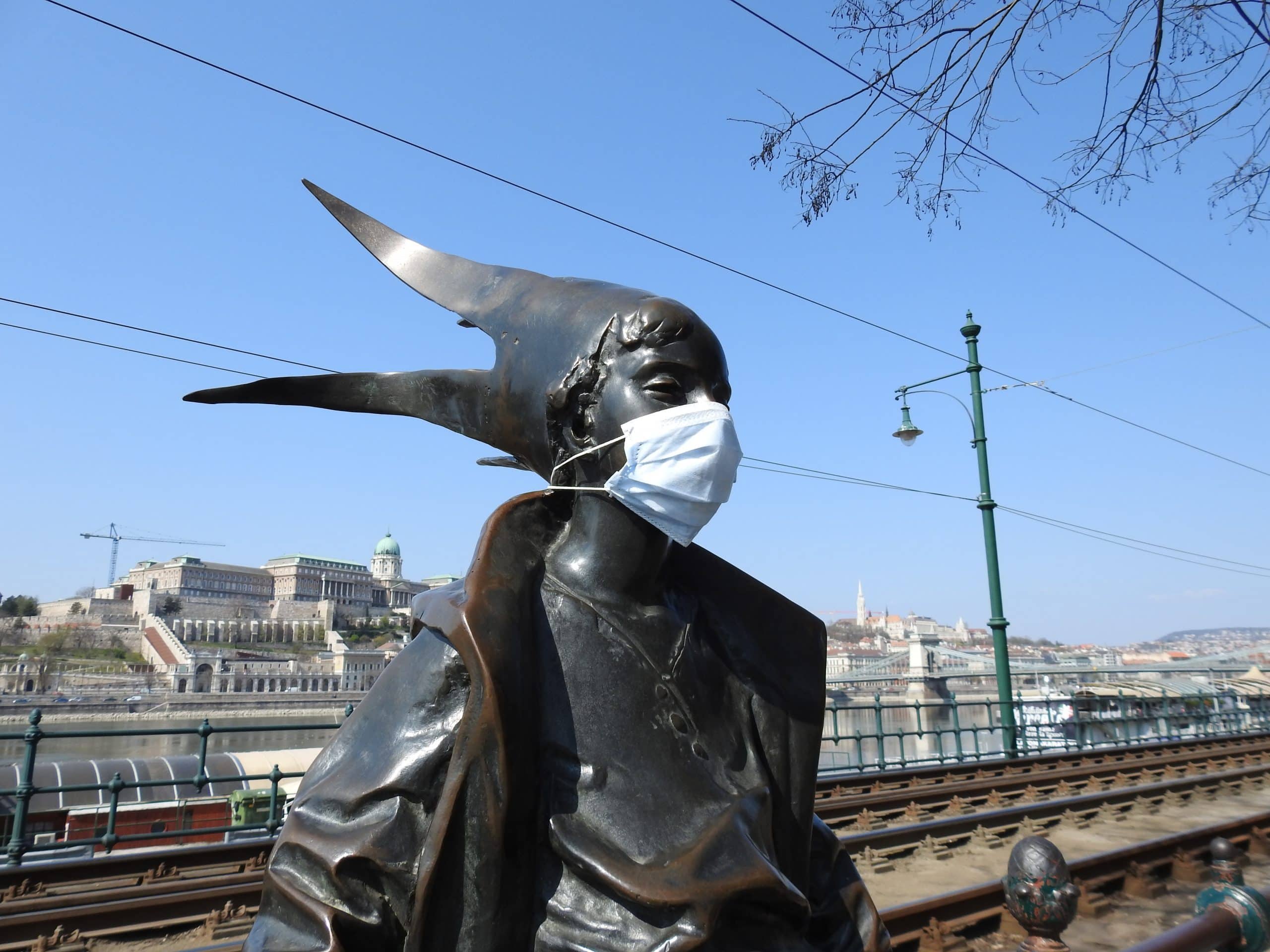Those who follow closely any developments related to Hungary may have come across a recent piece of news about a European survey on perceptions of EU citizens regarding COVID-19 regulations in their home countries.
According to the findings of the European Council on Foreign Relations (ECFR), while Hungarians are among those who feel to have been the most impacted by Covid in general, with 48 per cent having said so, they are also the ones who seem to be the most satisfied with the way the government handled the pandemic.
A staggering 71 per cent of Hungarians polled by the liberal institute said that the Covid-related restrictions imposed were ‘about right’. That high level of satisfaction with the government’s record stands out especially if we compare the 52 per cent measured in Austria, or the 39 per cent of Poland.
What is more, Hungarians are also the ones who apparently feel the freest in Europe in terms of lockdown restrictions. According to ECFR’s findings, 88 per cent of Hungarian respondents, the highest percentage in the EU, claimed to feel free or partly free despite the restrictions. Additionally, Hungarian respondents reported the second smallest change after Spain in their freedom-related perceptions compared to two years ago, the pre-pandemic period: in 2019, 69 per cent said they ‘felt free in their everyday life’ (compare that to Germany, where 68 per cent said so at the time) while this time 41 per cent said the same (as opposed to Germany where a mere 11 per cent feel free now.)
One may, of course, counter that these are just numbers that do not necessarily reflect a complex reality. However, it is a fact that the survey reporting data painting a favourable picture of the Hungarian government’s Covid management comes not from a close-to-Fidesz think tank, but an Open Society-funded one.
Perhaps the researchers themselves were surprised to have found such data, as nowhere in the survey report available online have they highlighted the outstanding (and outlying) Hungarian figures, or drawn any conclusions from them.
The reporting on and interpretation of the survey in the Hungarian “independent” media is even more amusing although clearly disappointing
Just a few headlines to illustrate the bias: ‘Hungary starts schoolyear with a failing grade in pandemic management’ or ‘Thanks to Orbán, we bring up the rear in every respect in Europe’. Such reports also noted disapprovingly that Hungarians ‘tend to blame each other’ rather than the government for the high infection and transmission rates during the height of the pandemic. Well, how shocking, isn’t it – most people do not believe that everything related to an epidemic is the government’s fault.
Let me highlight that what seems to be an overwhelmingly positive assessment of the Orbán government’s performance with regard to COVID-19 measures comes despite the lively and often heated public debates about lockdowns, vaccination regimes, and immunity or vaccine passports that we have seen in Hungary. It definitely cannot be claimed that dissenting voices regarding government measures have been drowned out or that people had no access to a large variety of opinions concerning Covid-related issues. Just to name a few examples, even the most renowned virologists of Hungary tend to disagree on some aspects of how and when and which vaccines should be administered, and many authorities in the subjects have called for stricter restrictions or the lifting of restrictions, contradicting the official government position. Not to mention the fact that it has been not only sound, professional and earnest debates and arguments that Hungarians have been witnessing in the public arena since the outbreak of the pandemic, but also partisan and deliberately misleading or inciting statements clearly aiming to undermine public trust in the government. A par excellence example of that was the shameful anti-vaccines campaign that most opposition parties engaged in when the Hungarian government decided to purchase Russian and Chinese vaccines. Openly questioning the expertise and non-partisanship of the Hungarian health authorities, opposition parties did not shy away from scaremongering in relation to Eastern vaccines, only to attempt to score political points with their potential voters.
But it seems that in spite of these insidious efforts, the majority of Hungarians appear to trust their government. And, as Boris Kálnoky put it on Twitter, this is definitely good news for Prime Minister Orbán. With the parliamentary elections due next spring, it is certainly of primal importance for the conservative government to make sure that it wins and keeps the trust of voters in every respect, but particularly when it comes to pandemic-related matters. According to ECFR survey, the government stands quite well on that front.







